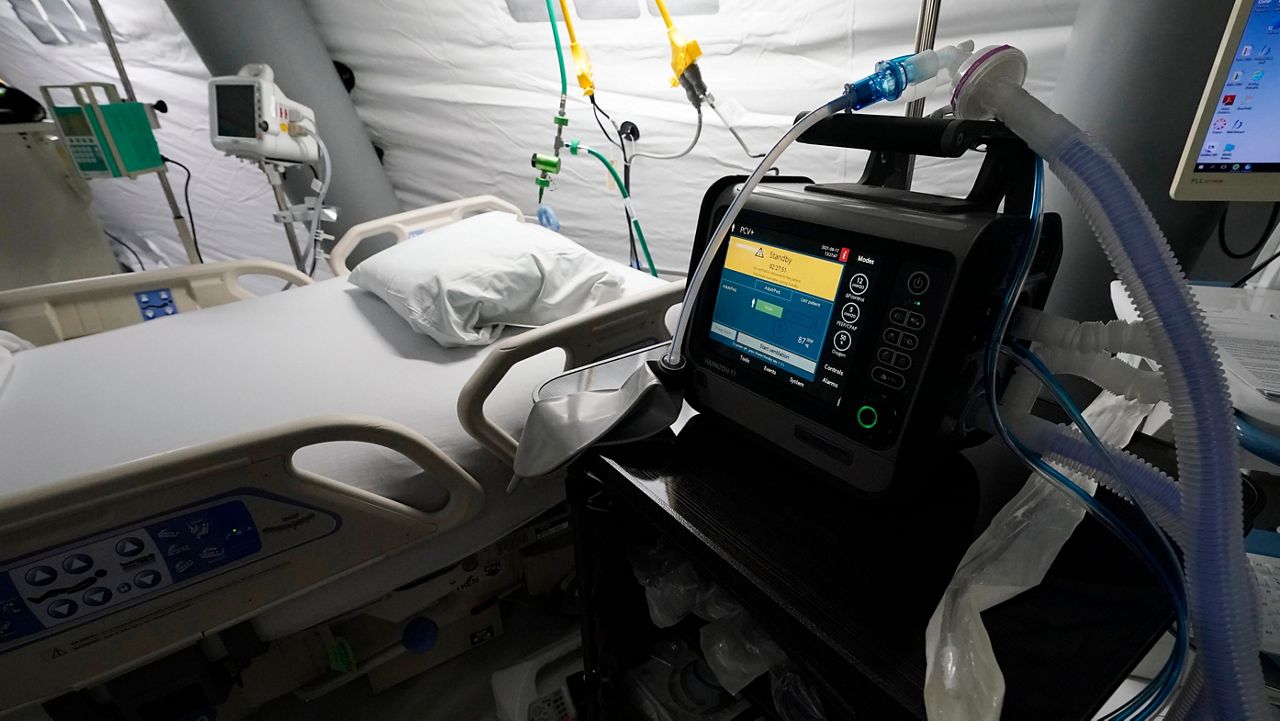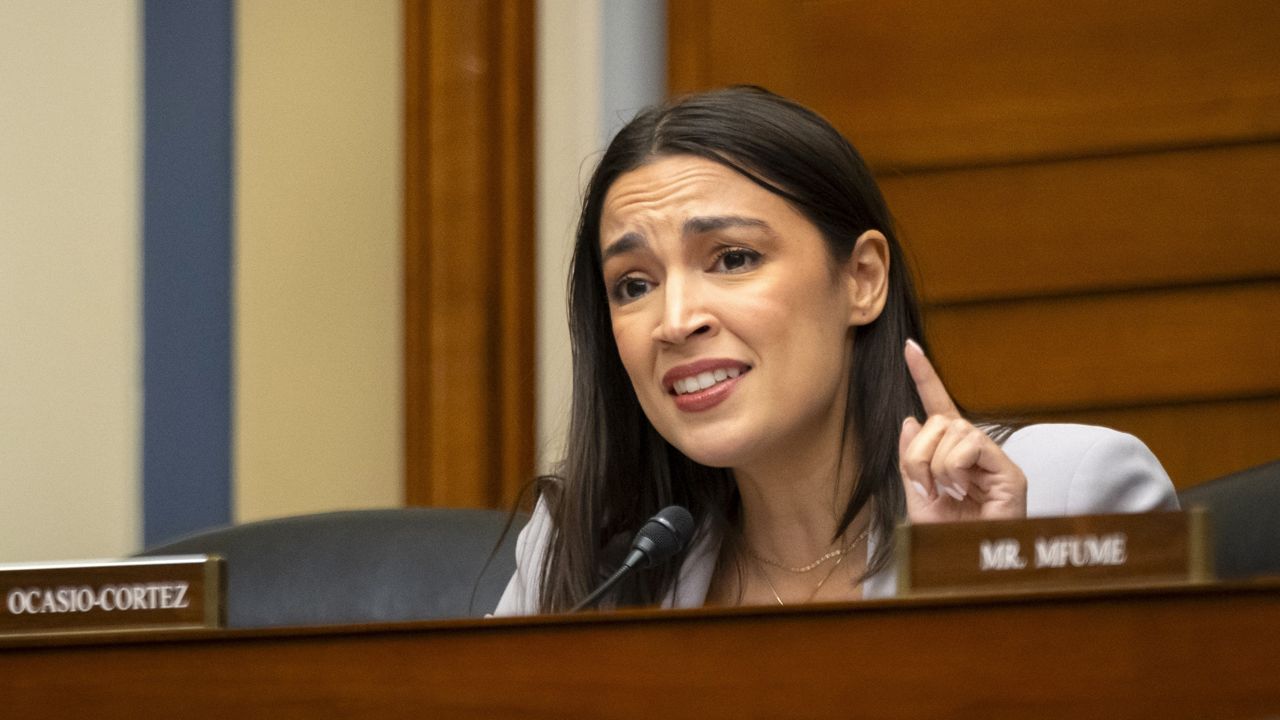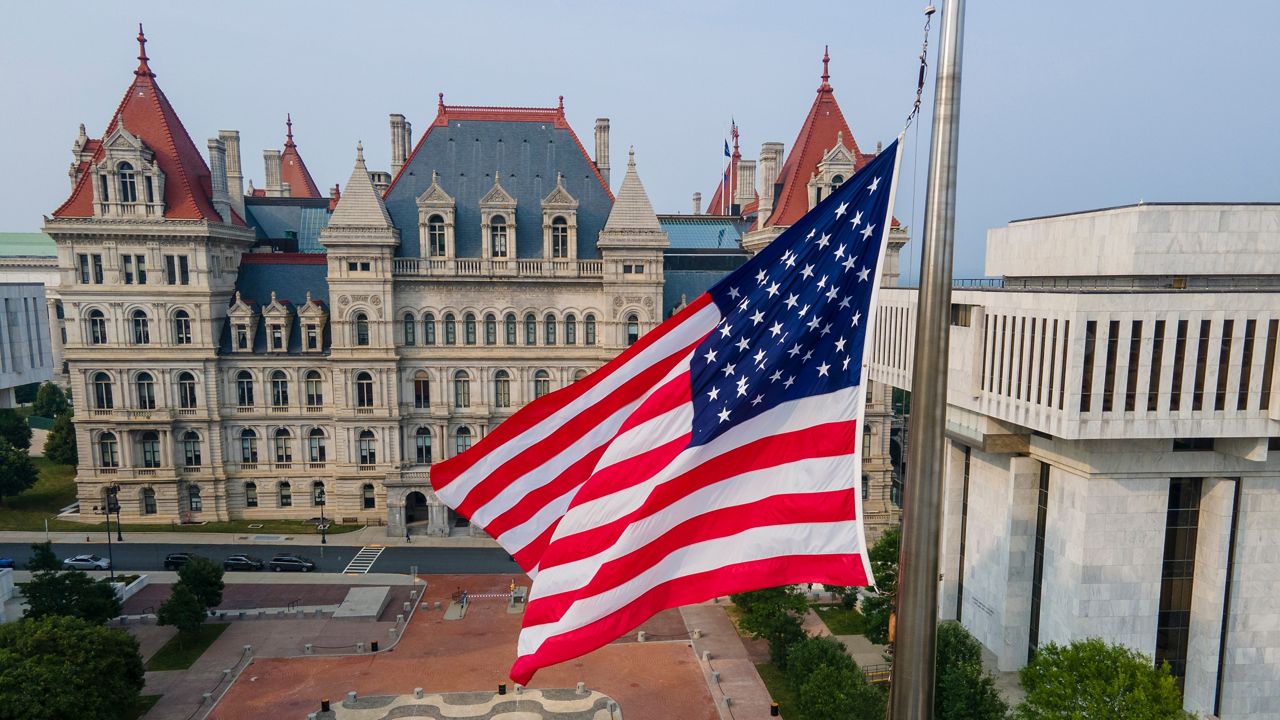NEW YORK - Asians in New York City experienced record job losses as a result of COVID-19, according to a new study by the Asian American Federation.
The industries hardest hit by the pandemic, such as apparel manufacturing, laundry services, beauty, nail salons and food services, employ a large fraction—at least 20 percent—of Asian workers.
Using data from the Census Bureau’s American Community Survey and state unemployment information, researchers found that unemployment claims for Asian New Yorkers compared to last year grew two to five times faster than all unemployment claims, far outpacing other groups.
Due to a lack of awareness about eligibility and concerns over immigration status and the impact it might have on sponsoring family members, Asians were less likely to apply for benefits before the pandemic, according to Howard Shih, one of the study’s authors.
“But once we saw COVID hit, the calculus was no longer, ‘Do I take benefits or do I maintain my immigration status opportunities?’” Shih said. “It became, ‘Do I take benefits or do I go hungry?’”
One in five Asian workers living in poverty relies on food service work, and over 10,000 Asian workers were employed in transit and ground transportation, health, and personal care stores. These industries lost over 10 percent of jobs year to year, according to the report.
“People were really desperate to the point where they were willing to change how they viewed benefits,” Shih explained. “Families were in dire straits.”
Asian Americans make up over 16 percent of the population in New York City and are the fastest growing racial group in the U.S.
The study also broke down data to reveal how different Asian communities have been impacted by the pandemic. For instance, around 20 percent of all Bangladeshi workers in New York City are employed in the food service industry, where jobs fell by 72.5% in April. And one in three Filipino Americans were employed in the healthcare industry, putting them more at risk for COVID-19 exposure.
Shih hopes the study illustrates not only the importance of short-term assistance like translation services and other forms of outreach to ensure access to benefits, but that in the future, Asian communities have wider access to jobs.
“We have to figure out how we open up economic opportunity for these individuals so that they and their community are not dependent on just a handful of industries for jobs and their livelihood,” he said.







